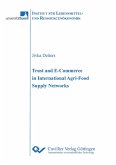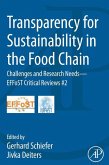
23,95 €
Sofort per Download lieferbar
eBook, ePUB
1. August 2013
Elsevier Science & Techn.
Ähnliche Artikel
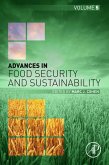
eBook, ePUB
16. Oktober 2020
Elsevier Science & Techn.
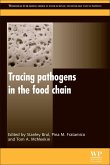
eBook, ePUB
23. November 2010
Elsevier Science & Techn.
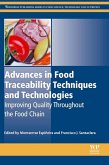
eBook, ePUB
18. Juni 2016
Elsevier Science & Techn.
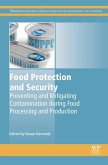
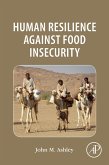
eBook, ePUB
29. Mai 2018
Elsevier Science & Techn.
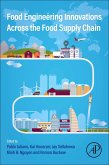
eBook, ePUB
5. Dezember 2021
Elsevier Science & Techn.
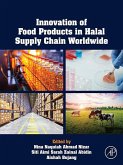
eBook, ePUB
1. April 2023
Elsevier Science & Techn.

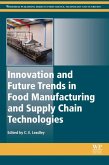
eBook, ePUB
18. November 2015
Elsevier Science & Techn.
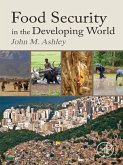
eBook, ePUB
30. Januar 2016
Elsevier Science & Techn.
Ähnlichkeitssuche: Fact®Finder von OMIKRON

